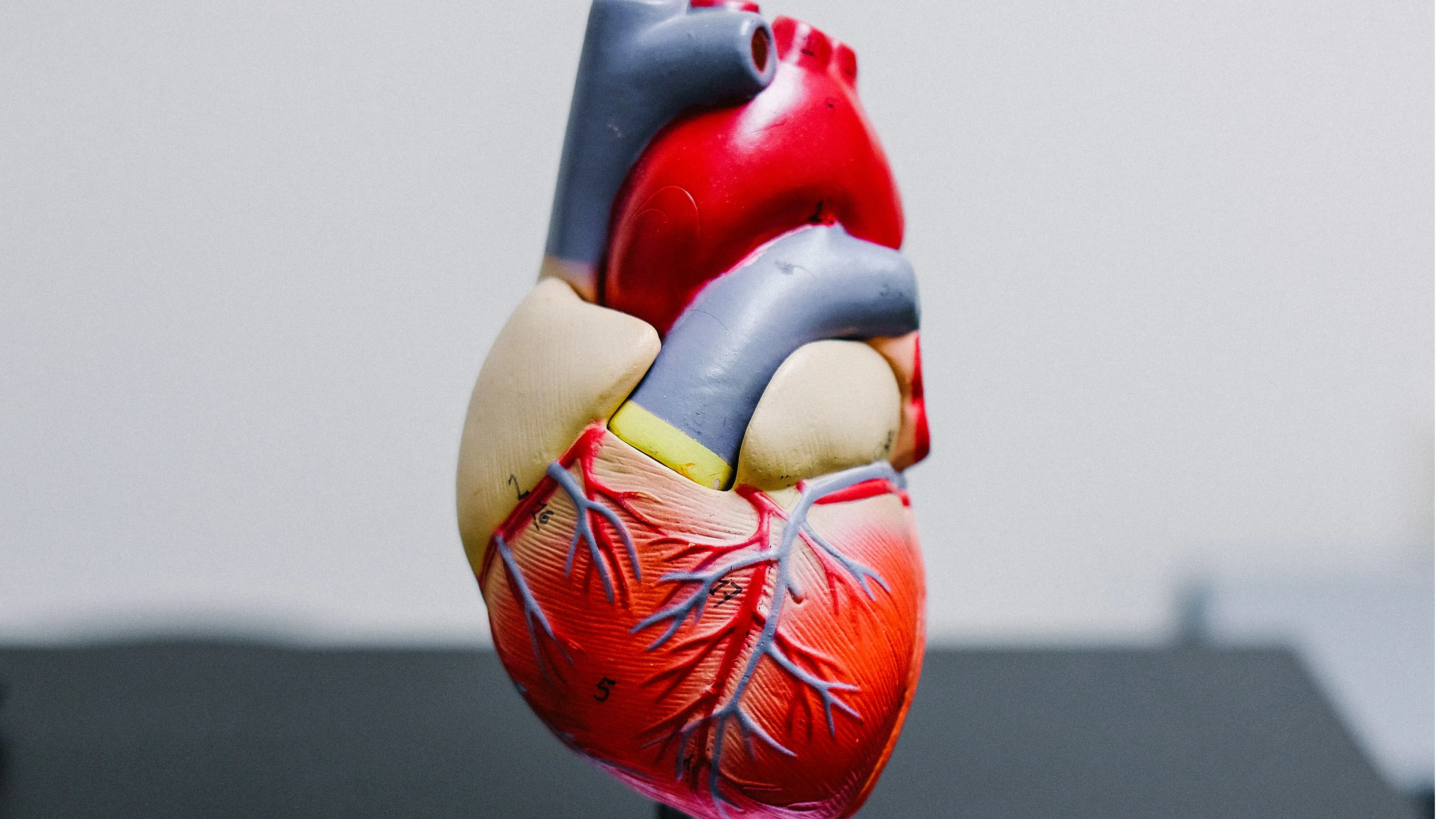A study conducted in November 2021 reports
that fats obtained from plants such as olive oil, canola or sunflower oil, soy
oil amongst others can lower a person’s risk of disease. While actively having
a diet rich in these fats can reduce the risk of suffering a stroke.
Upset stomach? Poor gut signs to be on the lookout for
According to the preliminary research which
was presented at the American Heart Association’s Scientific Sessions in
November, consuming a high quantity of red meat, processed red meat and non-dairy
animal fat increases the risk of stroke.
On the other hand, consuming a large quantity
of vegetable fat or polyunsaturated fat lowered the risk of stroke. The study is
the first of its kind and comprehensively analyses the relationship between a
stroke and consumption of fat derived from vegetable, dairy and non-dairy
animal sources.
Stretch your way to a healthy gut- Asanas to incorporate in your routine
As per Healthline, Fenglei Wang, lead author
of the study and a postdoctoral fellow in the department of nutrition at
Harvard’s T.H. Chan School of Public Health in Boston, said in a press statement,
“Our findings indicate the type of fat and different food sources of fat are
more important than the total amount of dietary fat in the prevention of
cardiovascular disease including stroke,”
The researchers analyzed 27 years of follow-up from
117,136 participants in the Nurses’ Health Study (1984-2016) and Health
Professionals Follow-up Study (1986-2016). Once every four years,
participants were asked to complete food frequency questionnaires in order to
determine the amount, source and types of fat in their diet.
Pain in these five body parts could signal a heart attack
It was found that those who consume the highest quintile of non-dairy
animal fat were 16% more likely to suffer from a stroke than those who ate the
least of it.
While those who consumed the most vegetable fat and most polyunsaturated
fat were 12% less likely to suffer a stroke in comparison to those who at the
least of it.
5 symptoms of heart failure that can be identified early
However, one of the study’s limitations is that it is observational.
Hence, it can not establish a cause-and-effect link between fat consumption and
stroke risk.







